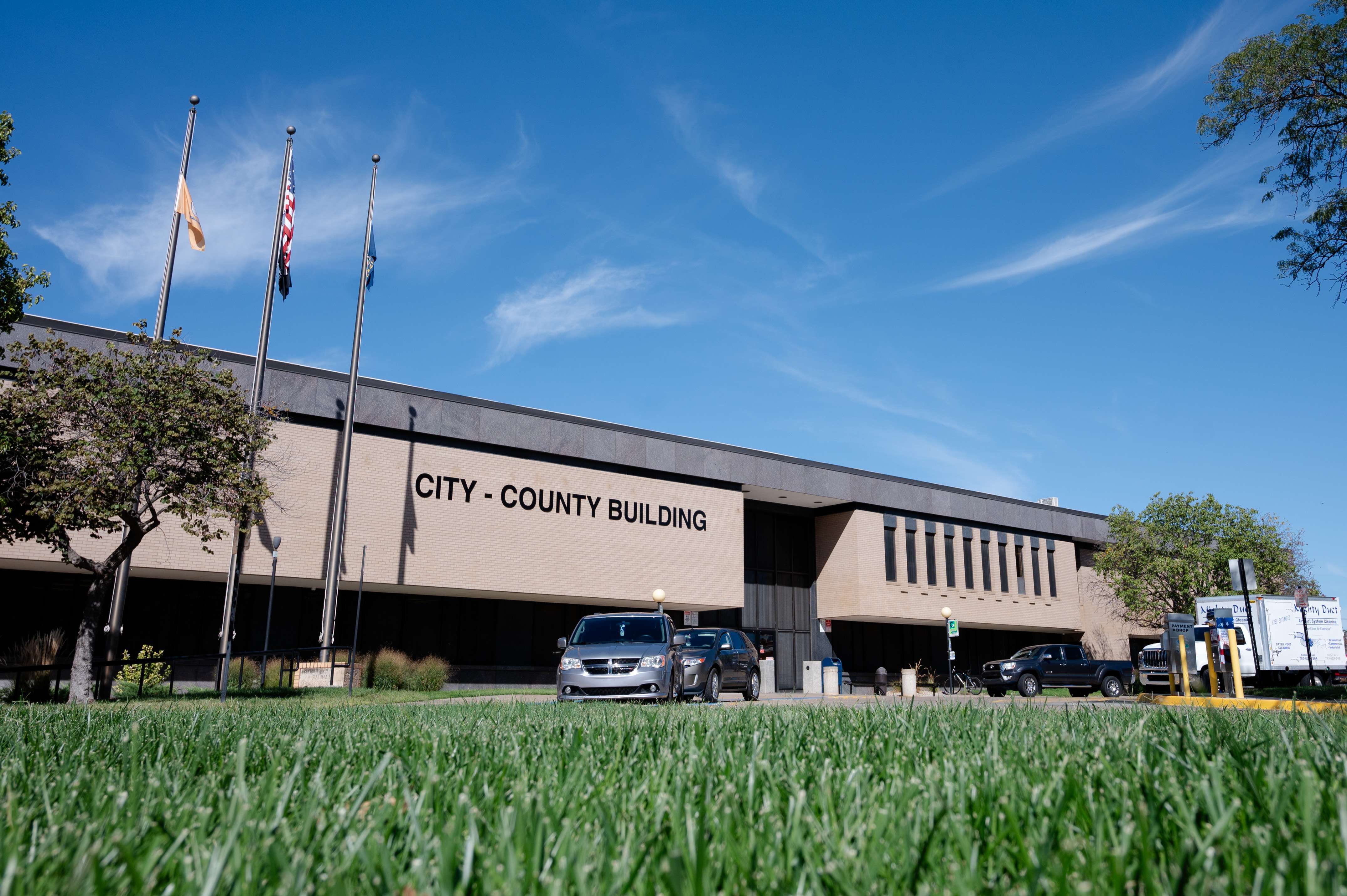
By: NICOLAS FIERRO
Salina Post
On Monday, Salina Commissioners discussed an outline they received from from a 'large grouping of pharmaceutical companies relating to the over-production and over-prescription of opioids.'
According to the Salina City Commission packet for Monday, July 14th the outline determined the 'priorities that should be addressed when spending the opioid settlement amounts.' The packet showed a study conducted by Wichita State University, that listed a total of 'four priorities' of what the funds should be allocated towards. Those 4 priorities were:
1. Improve Access to Treatment and Services
2. Expand Prevention, Education and Awareness Efforts
3. Reduce Stigma Towards People Who Use Drugs
4. Strengthen Support for People in Recovery
According to the packet, a breakdown was listed for what the 'annual expenditures' would look like for the opioid settlement funds. The City of Salina would receive $20,000 for Law Enforcement and $35,000 for Study Priorities annually. While Saline County would receive $15,000 for Law Enforcement, $15,000 for Study Priorities and $15,000 for Program Administration annually. A total came out to $100,000 annually for both the City and County on the expenditures.
Commissioner Davis was initially opposed to a part of the settlement funds being allocated to specifically 'Law Enforcement,' before voting for the proposed outline.
"I do not see what $35,000 in Law Enforcement is going to do in Saline County, compared to what it could do for opioid treatments and provision," said Davis. "I think those programs work better if the emphasis is on mental health and drug treatment, rather than from the Law Enforcement perspective."
Before the expenditures begin to be spent, a grant committee would be formed that consists of a total of 7 people. The committee would follow a 'proposed structure' before the spending would occur.
The following is a statement from the City Commission packet on the 'proposed structure':
"Four people would be named by the City and three from Saline County to be appointed to the Committee. This Committee would be responsible to advise, review and approve grant applications and grant reports. Both the City and County would maintain their own funds received. The County would bill the City for the $35,000 “Study Priorities” and the County would furnish reports to account for this money. The $20,000 in City contributions for “Law Enforcement” would be utilized for law enforcement processes and costs related to opioid use and the attendant challenges."
A timeline was also found in the packet and is stated as follows:
June/July – Commissioners approve concept
July – Formalize Agreements
August – Appoint Grant Committee
September – Issue grant solicitation
October – Grant applications due
November – Grants reviewed and recommended by Committee
December – Commissioners approve grants
January 2026 – Start spending
All commissioners, including Davis voted to 'approve the outline of expenditure of Opioid Funds and direct staff to draft an Interlocal Agreement with Saline County.'
To view the packet, go to: https://agendasuite.org/iip/salina/file/getfile/13444





